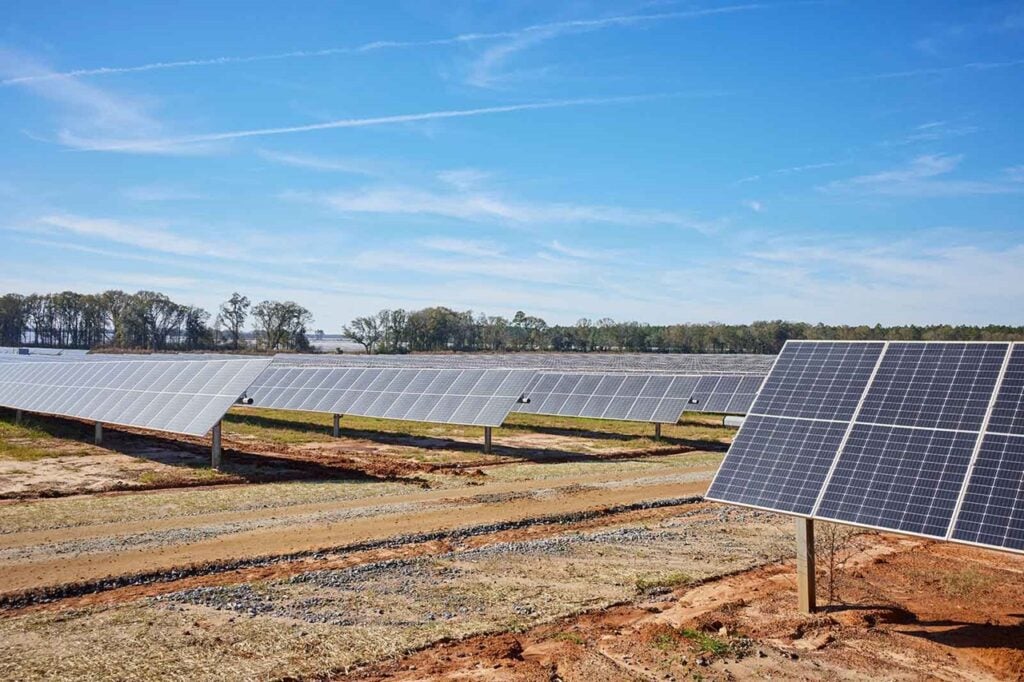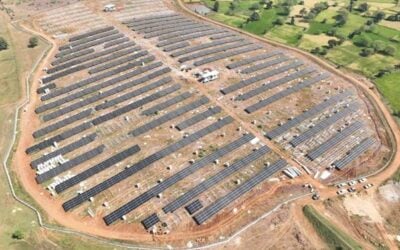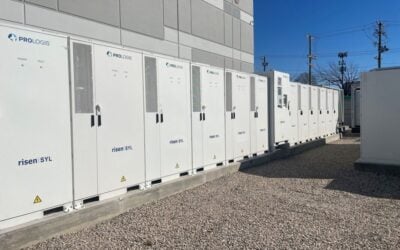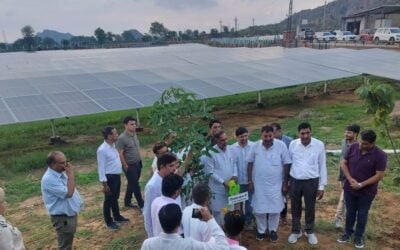
US utility company Georgia Power is gauging interest from providers of potential capacity resources including standalone energy storage, hybrid generation-plus-storage and thermal power plants.
A subsidiary of utility holding group Southern Company, Georgia Power issued a Request for Information (RFI) a few days ago, seeking capacity resources which will be at least 100MW each and no larger than 1,200MW.
Enjoy 12 months of exclusive analysis
- Regular insight and analysis of the industry’s biggest developments
- In-depth interviews with the industry’s leading figures
- Annual digital subscription to the PV Tech Power journal
- Discounts on Solar Media’s portfolio of events, in-person and virtual
Eligible resources must also meet utility criteria for firmness and dispatchability, while hybrid or co-located energy storage facilities should be able to charge directly from the grid as well as from the solar PV plant or other generation asset they are paired with.
Interested parties can table bids for projects that would allow the utility to procure the capacity from a third-party owned plant through power purchase agreements (PPAs), or be sold to Georgia Power via build-transfer agreements (BTAs) or asset purchase agreements (APAs).
Prospective bidders will have until 24 October to register and submit responses through Georgia Power’s RFI website.
The solicitation follows the filing and approval of the utility’s 2022 integrated resource plan (IRP), the long-term planning roadmap that has to be put forward to regulators every three years. It stated that Georgia Power needs to hold all-source procurements for capacity resources.
Approved by the Georgia Public Service Commission (PSC) in July 2022, the IRP’s modelling included an estimated need for 3,723MW of capacity resources for the Georgia Power grid to ride through any issues relating to rising load growth to the end of 2031.
However, the utility said the estimate may have been too conservative, leading to the possibility of a shortfall in the latter part of the 2020s. The new RFI is designed to assist the utility in assessing its options as it plans ahead, with any awarded resources expected to be needed in the 2026-2030 timeframe.
Capacity resources could build on approved utility procurements
In that 2022 IRP, Georgia Power had been approved by the PSC to add 500MW of energy storage procurements, plus a 265MW utility-built project. That was a big leap from 80MW of approved energy storage additions in its previous, 2019 IRP, with the first project in that three-project portfolio granted approval in 2021. The utility is targeting adding 6,000MW of additional renewable energy resources by 2035, with storage a key technology to help integrate it to the grid.
Other developments include the summer 2022 commissioning of Hickory Park, a solar-plus-storage project combining 195.5MW of PV with 40MW/80MWh of battery storage. Georgia Power buys the electricity from that plant, developed by RWE using storage technology provided by Wärtsilä through a 30-year power purchase agreement (PPA).
Another interesting development is the utility’s “definitive agreement” to pilot the use of a multi-day energy storage technology based on iron-air batteries developed by startup Form Energy.
Georgia Power will also continue to lean on natural gas for firming capacity, while it also has 17 hydroelectric plants in operation. It also has in its service area the Vogtle nuclear power plant, which earlier this year, after many delays and cost overruns, became the first new nuclear generation to bring units online in the US since 2016.






